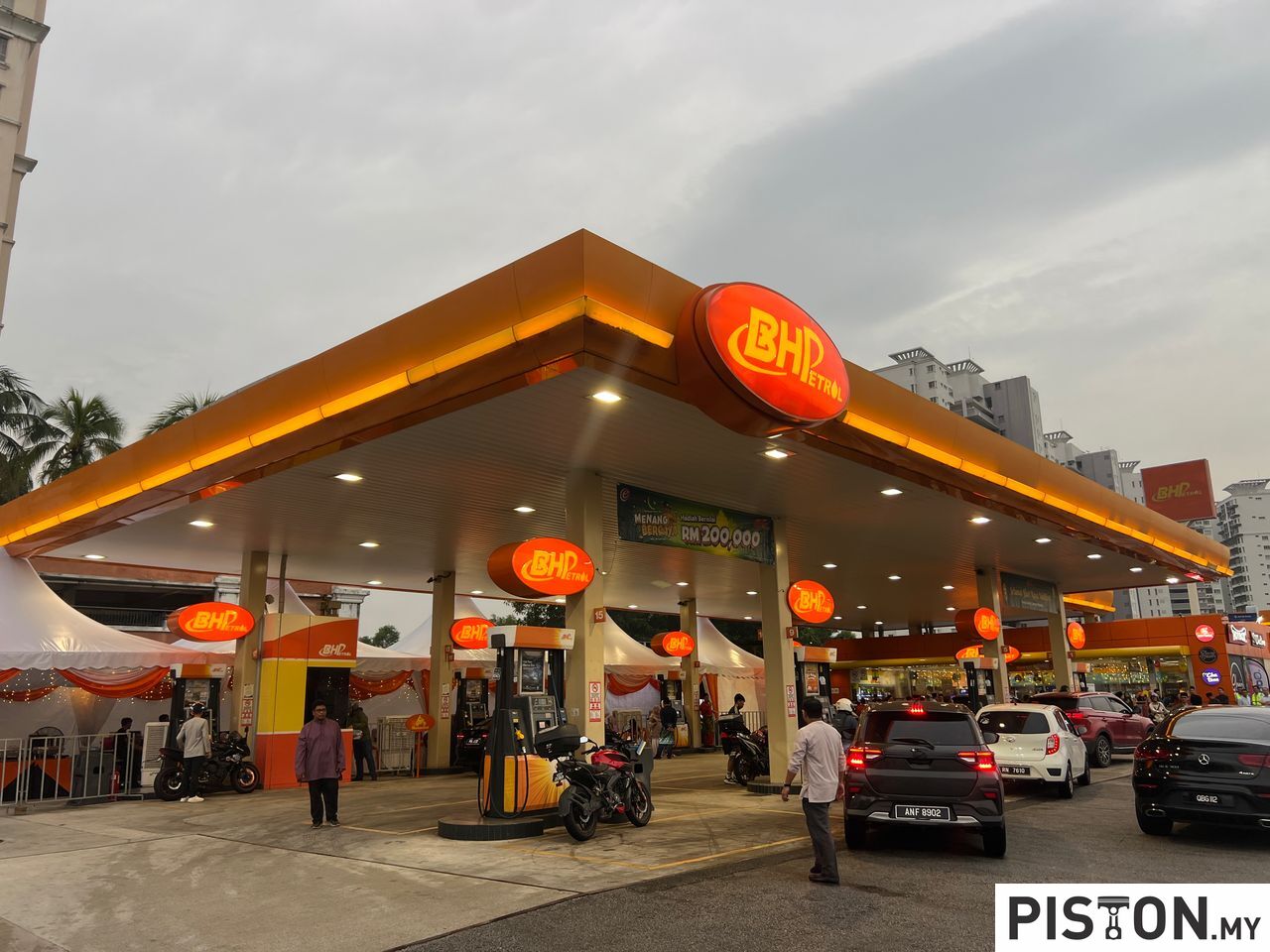The National Institute of Occupational Safety and Health (NIOSH) has reaffirmed its commitment to improving road safety by offering specialised training for heavy vehicle drivers, according to Bernama. The training, delivered under the Safe and Defensive Driving Person (SDDP) module, is designed to equip drivers with the knowledge and skills required for safer and more responsible operation of large vehicles on Malaysian roads.
According to NIOSH vice-chairman G. Manivanan, the SDDP module was developed in collaboration with both industry experts and stakeholders, taking into account the specific challenges and demands faced by heavy vehicle drivers. The programme encompasses key components such as road legislation, vehicle maintenance, and road management practices, with a strong emphasis on accident prevention and heightened driver awareness.
The training has already been adopted by several companies operating fleets of buses and heavy vehicles. These organisations have begun using the module to enhance the competency and safety awareness of their workforce. NIOSH is now calling on other heavy vehicle operators—both in the public and private sectors—to adopt the SDDP training as a proactive measure to improve road safety.
In addition to training, NIOSH is prepared to support companies in conducting safety audits and implementing stricter safety protocols. One such measure includes the HIRARC method—Hazard Identification, Risk Assessment, and Risk Control. This systematic approach enables employers and employees to identify potential hazards, evaluate associated risks, and apply effective control strategies to mitigate those risks.
Manivanan stressed that the HIRARC methodology is a vital tool in promoting a culture of safety and compliance within the workplace. He reminded employers of their legal duty under the Occupational Safety and Health (Amendment) 2022 Act to ensure the well-being of their employees. This includes the responsibility to maintain vehicles in good working condition and to provide drivers with adequate training.
He further emphasised that NIOSH is open to collaborating with all relevant parties to foster safer working environments and reduce road-related incidents involving heavy vehicles. The recent fatal crash in Perak, which claimed the lives of nine Federal Reserve Unit (FRU) personnel, served as a sobering reminder of the urgent need to strengthen road safety measures. Manivanan highlighted that such tragedies demand immediate and coordinated action to prevent future occurrences.
While awaiting the results of official investigations into the Perak accident, NIOSH is urging all sectors to take responsibility and engage in cooperative efforts to elevate safety standards. Manivanan reiterated that individuals who operate or are in proximity to heavy vehicles are entitled to a safe working environment, as outlined in the amended occupational safety legislation.
With an increasing number of vehicles on the road and a growing emphasis on worker welfare, NIOSH’s call for industry-wide adoption of structured training and safety practices represents a critical step toward creating a safer transport sector in Malaysia.















